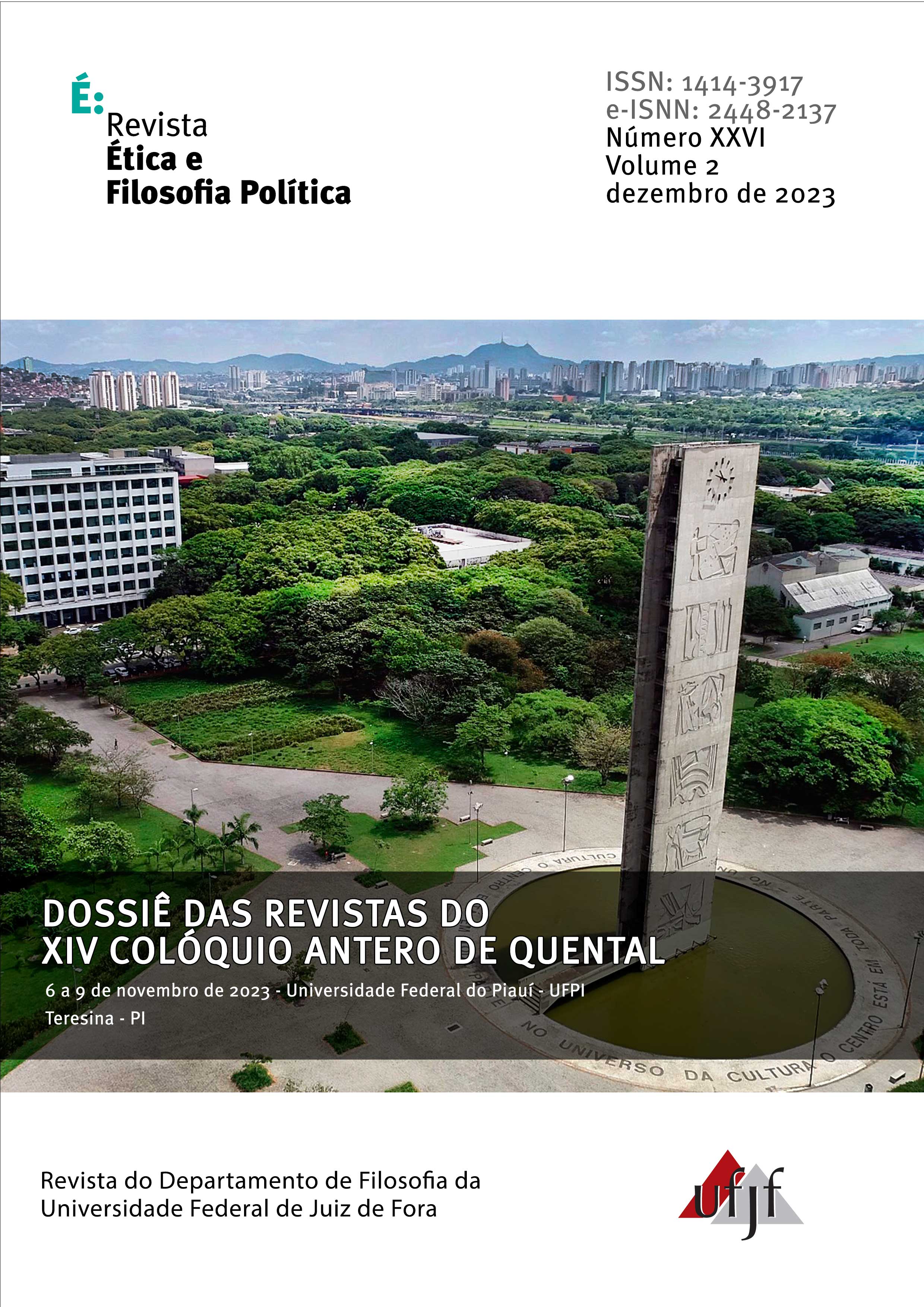Vilém Flusser e a pós-modernidade, dilemas e enfrentamento
DOI:
https://doi.org/10.34019/2448-2137.2023.43907Abstract
ABSTRACT: This is a work on the philosophical contribution of Vilém Flusser and it will be developed from two axes. The first summarizes the causes of the cultural crisis we are experiencing, the second examines the proposal to face this crisis. In summary, the first axis contemplates the diagnosis, the reasons for the crisis and the phenomenological description of the society that emerged with it. In the initial axis are the studies on post-history and in the second the theme is facing the dilemmas of this society. The culture crisis intensifies with the choices that led to Auschwicz. For the philosopher, the emergence of the concentration camp was not the result of chance, but the synthesis of the reification of people that integrated the process of objectifying the reality that occurred in modernity. The post-Auschwicz man was called by Flusser a functionary, or rather, a human type close, in terms of social behavior, to the mass man of Ortega y Gasset. He lost the beliefs that guided him and now, due to his limited intellectual capacities and not understanding how to live, he limits himself to doing technical work. Flusser's analysis of mass society is a good update of Ortega y Gasset's thinking, but his proposal for overcoming this society is fragile. He suggests the reconstruction of the intersubjective experience and the humanist tradition based on some programmers who circumvent the current programs.
Keywords: postmodernity – culture – philosophy - masses – employee.


